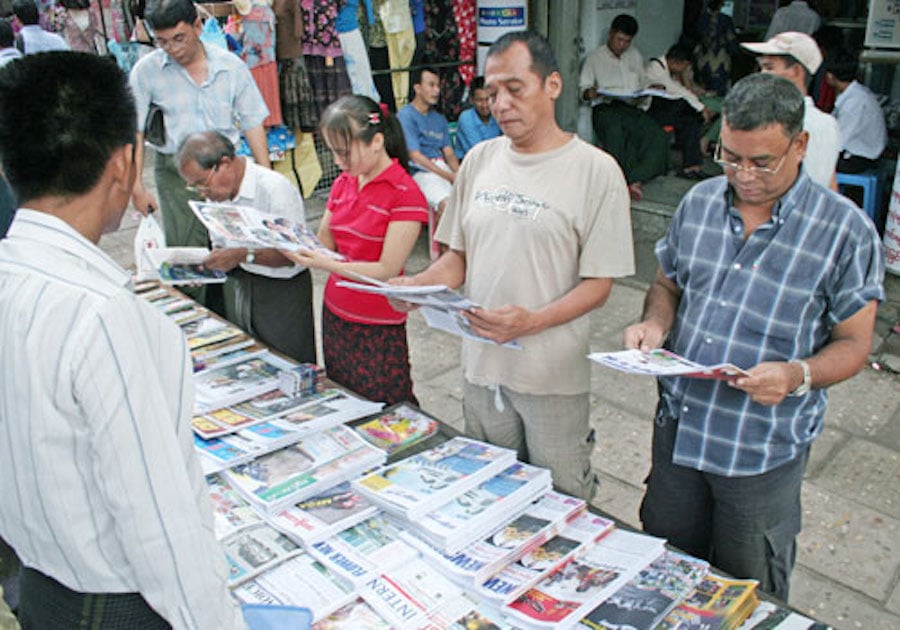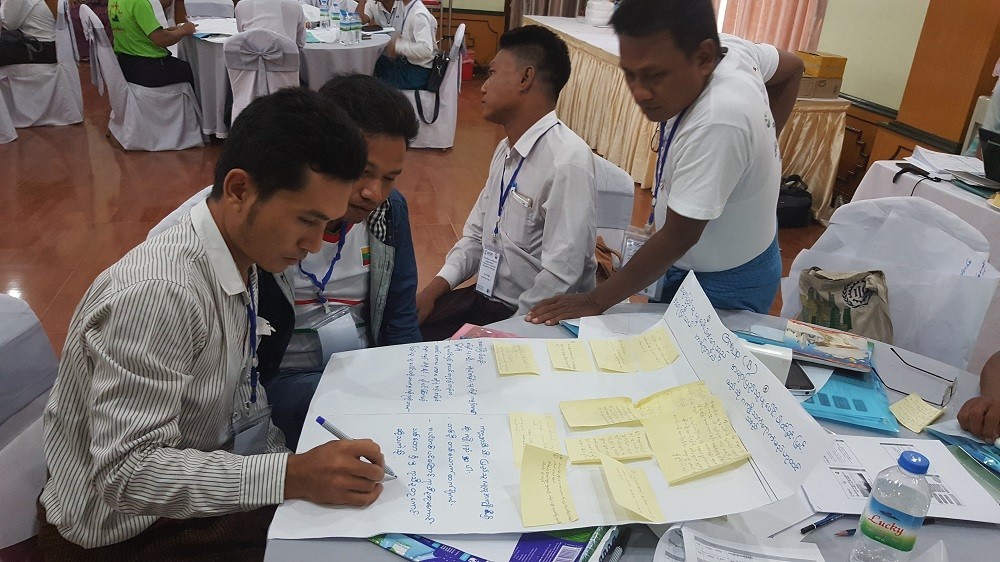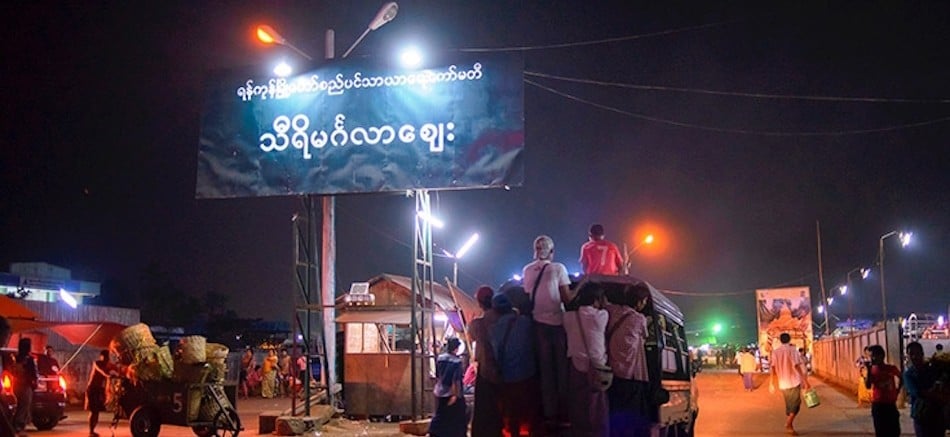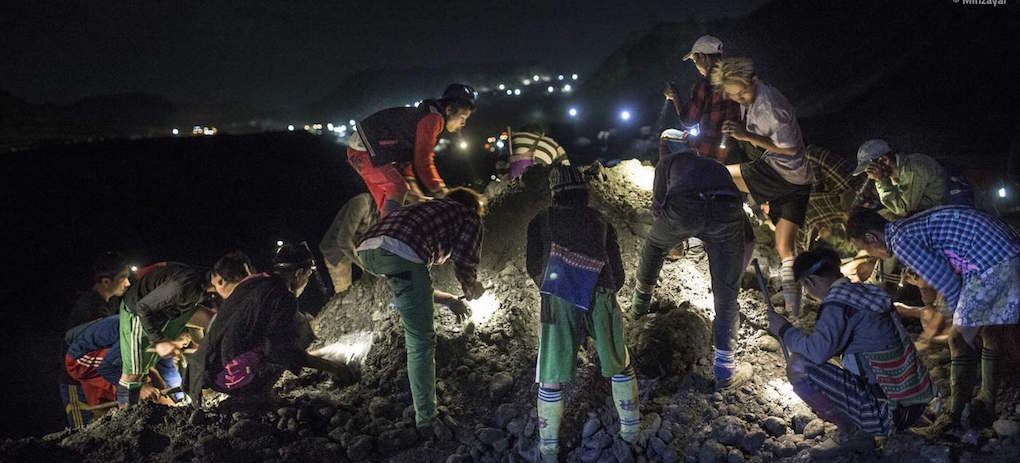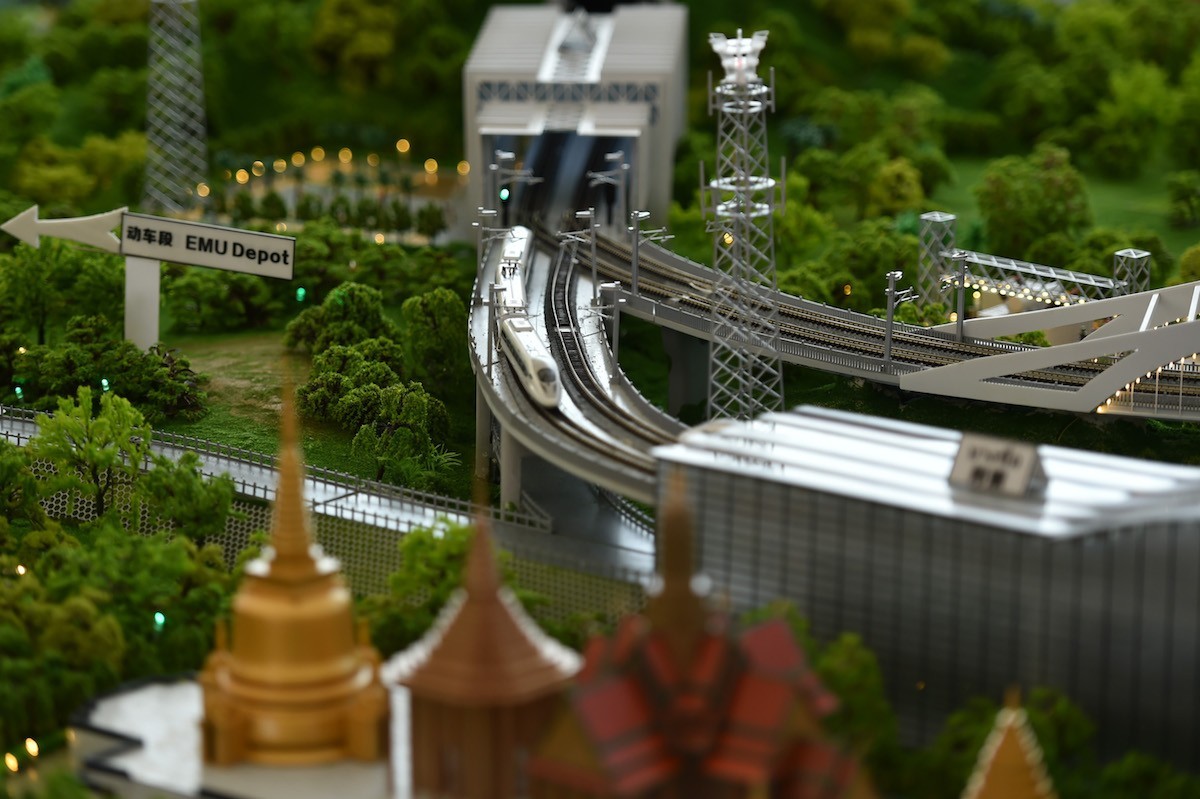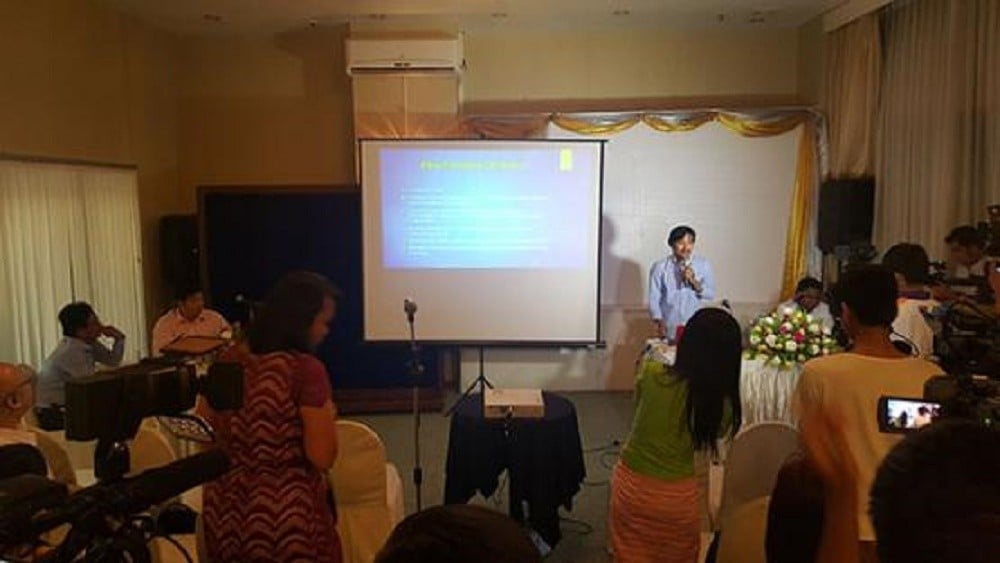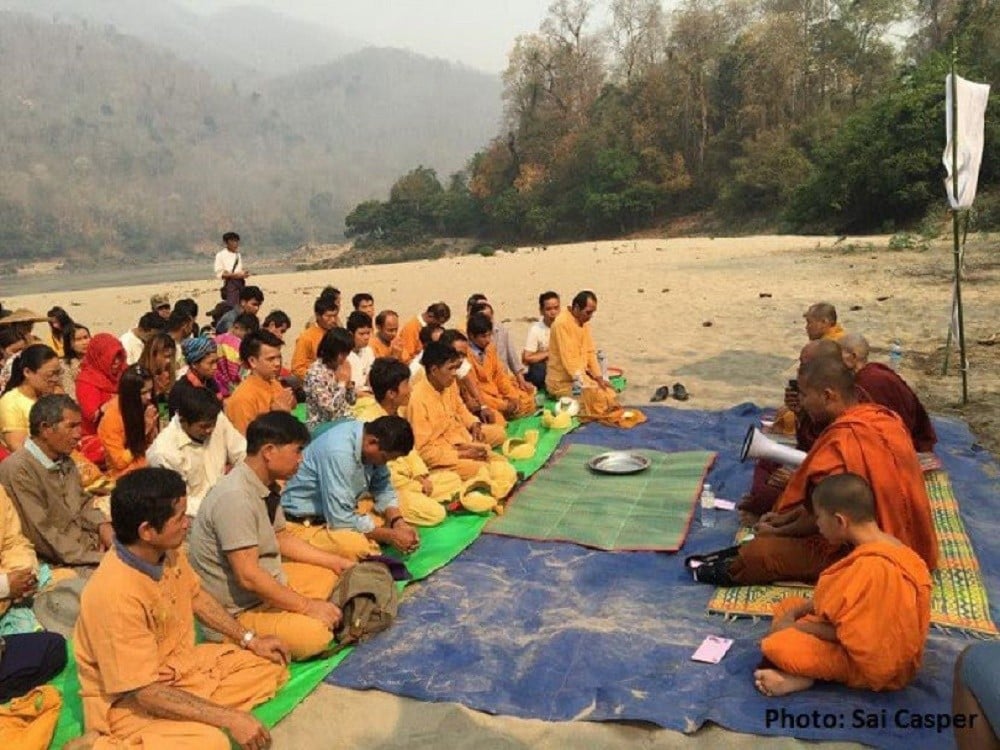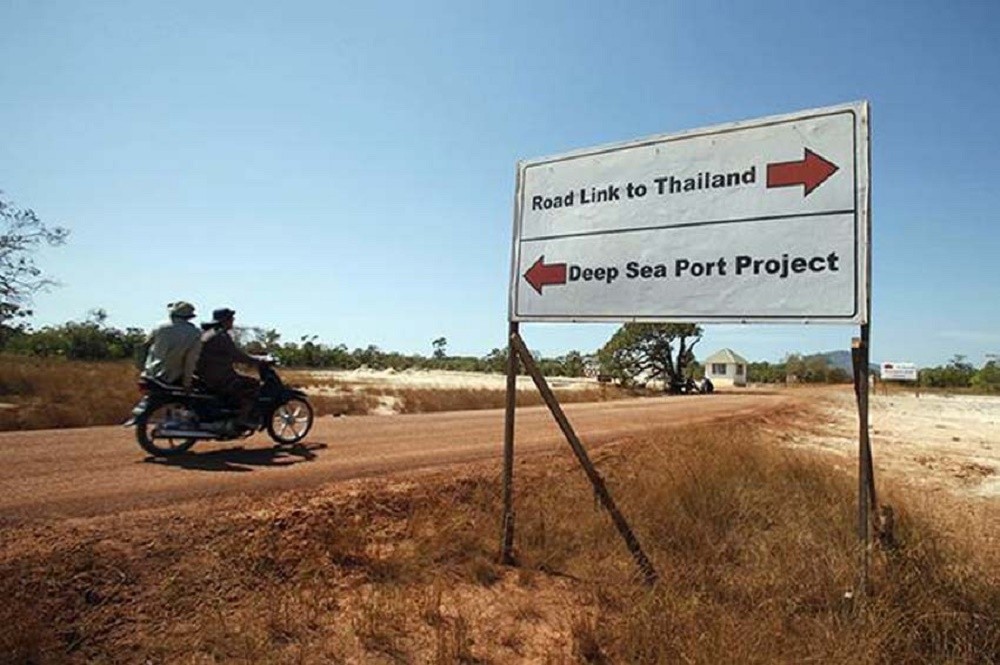As a voracious consumer of Myanmar journalism over some time, I am fascinated by how the country’s transition to freedom of the press takes root and prospers.
Progress toward press freedom has occurred very rapidly in Myanmar since 2012, but we still see too many instances of journalists being detained and even charged over what they have published.


